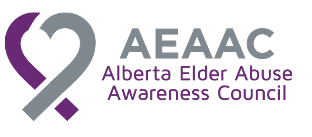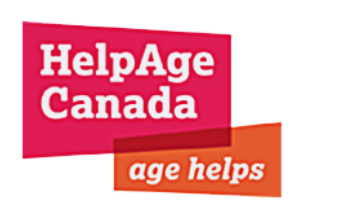As WEAAD celebrates its 17th birthday, we pause to consider what we have done, where we are going and if we are making a difference.
The first World Elder Abuse Awareness Day (WEAAD) was held on June 15, 2006 at the United Nations in New York City. The day was marked by 173 people from numerous organizations, drawn together to examine, discuss and address the increasing rate of elder abuse worldwide.
The goal was to build momentum at international, national and regional levels to raise awareness of elder abuse and the need to prevent it. WEAAD has heightened global consciousness and strengthened leadership networks. The concept of WEAAD has spread across all nations and evolved into a multicultural, multilingual movement that is redefining the meaning of collective power for a world audience. WEAAD has helped people to understand what elder abuse is. We were very hopeful as recognition came from older people, families, community and governments alike. Early projects and activities were cautious, careful, original, ambitious and fun. WEAAD brought communities together, showing how older people can be empowered decision-makers. Older people hold up our countries, motivate and inspire. They advocate for the global elder abuse prevention community and for older citizens to be recognized as the leaders we know they are. As we celebrate WEAAD this year, we should also look ahead to our next steps and unfolding future:
Guiding questions for meaningful action:
- Leadership: how can we create and sustain leadership and momentum for this worldwide event? Let’s explore the possibility of a global campaign in the future (similar to the annual 16 Days of Activism campaign).
- Evaluation: how do we evaluate the global impact of World Elder Abuse Awareness Day?
- Fund development: how can we help national, regional and local organizations secure funding to support their WEAAD activities and evaluation process over time?
These are some of the questions we must ask ourselves now, there will always be more. This blog ends on a note of gratitude. I offer my thanks to all the dedicated researchers, practitioners, younger and older people, residents and staff in long-term or active care, all who have actively moved this work forward over the years. Your work is appreciated and honored.
Elizabeth Podnieks, CM, ED. D
Former vice president International Network for the Prevention of Elder Abuse (INPEA)
Initiator of World Elder Abuse Awareness Day



















